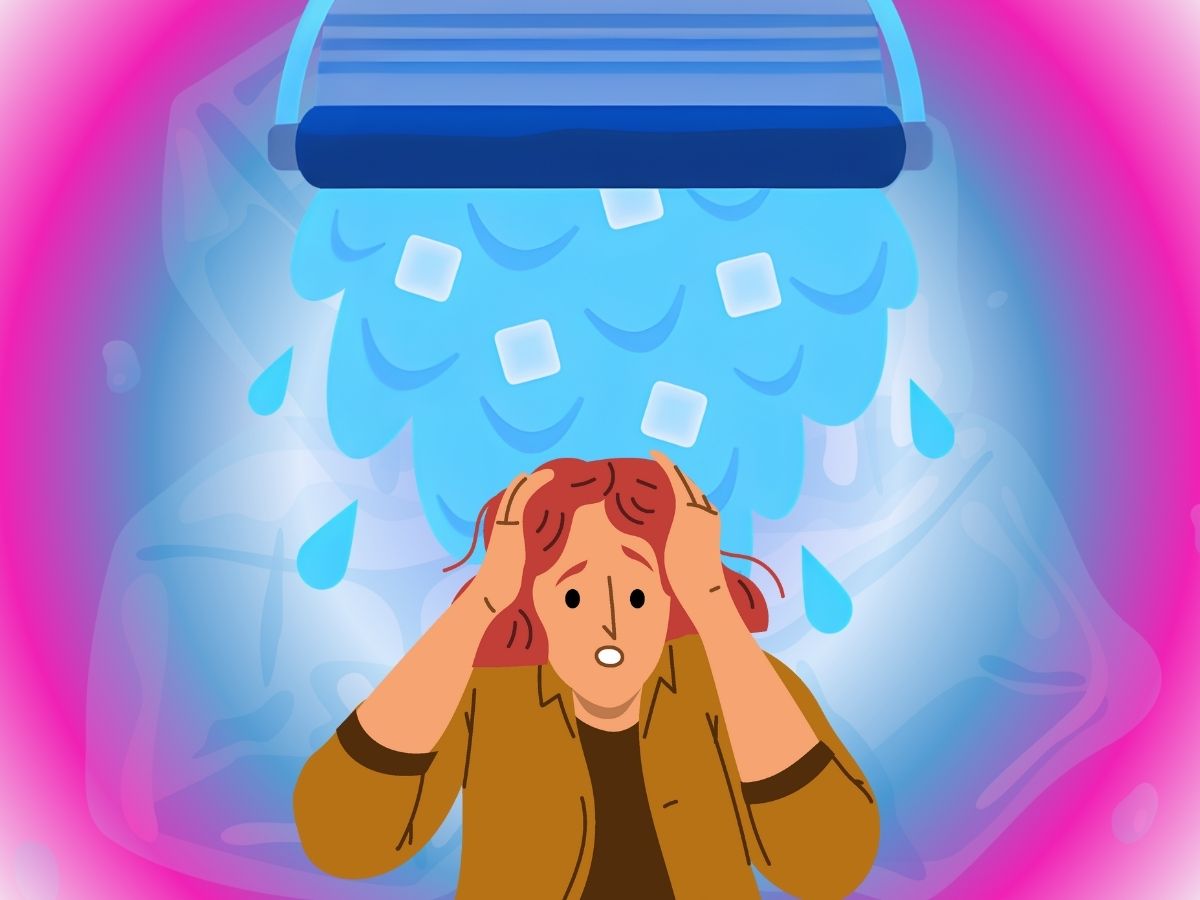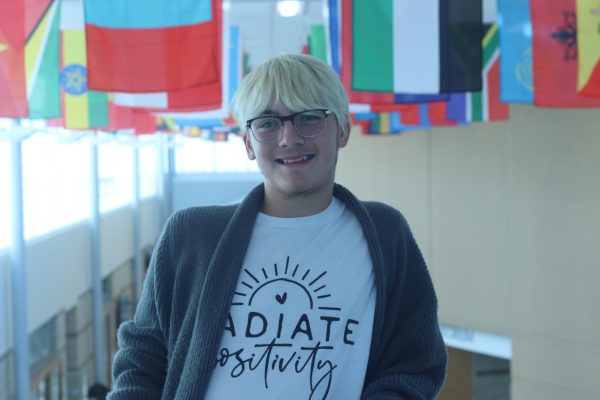As Mental Health Awareness Month approaches, many organizations and individuals are taking action to promote mental health awareness. This month is especially relevant to teenagers, as recent data shows an increase in youth mental health issues. Metea Valley continues to highlight the importance of mental health through various clubs, activities, and promotions. Now, students are spreading the message even further through the newest trend, the University of South Carolina (USC) Speak Your Mind Ice Bucket Challenge
The original Ice Bucket Challenge was created to spread awareness for Amyotrophic Lateral Sclerosis (ALS), a fatal neurodegenerative disease. The disease damages neurons in the brain, leading to weak muscles and paralysis. According to the ALS Association, the challenge connected 17 million people all over the world and raised a total of $115 million for ALS research. The challenge emphasized donating to ALS research by connecting people through a viral trend.
University of South Carolina’s Mental Health Needs Discussion club, also called the MIND club, reinvented this challenge with the hope of raising money and awareness towards mental health research. According to the University of South Carolina, MIND founder Wade Jefferson said the club focuses on targeting certain goals to emphasize the topic of mental health.
“The group has three main goals: breaking the stigma surrounding mental health, advocating for suicide prevention on campus, and practicing daily mindfulness,” Jefferson said.
Participants in the challenge are required to record a video of someone pouring ice water over them. They have to nominate at least three people and tag them in the post to help spread the challenge to others. While people of all ages and groups participated in the challenge, it mainly attracted teens and celebrities, who posted their videos to motivate others.
USC’s main goal was to raise $250,000 for Active Minds, the largest mental health non-profit in the United States. As of now, they have raised over $240,000. During April, this trend went viral on social media, with people of all age groups participating, although it mainly attracted a teenage audience. According to Active Minds, Founder and Executive Director Alison Malmon explains how moving and powerful the movement can be, highlighting the challenge’s ability to make a change.
“To see youth and young adults take an iconic viral moment and breathe new life into it for mental health advocacy is incredibly powerful,” Malmon said.
The viral revival of the ice bucket challenge has contributed significant progress toward mental health research and change. The challenge succeeded in raising money for research and helped create a chain to connect people through the widespread topic of mental health. Malmon believes this challenge will bring real change to a prevalent topic that has been discussed for years.
“It’s proof that when young people rally together with passion and purpose, they don’t just raise awareness—they ignite a movement. This is how we create a new era of mental health,” Malmon said.






